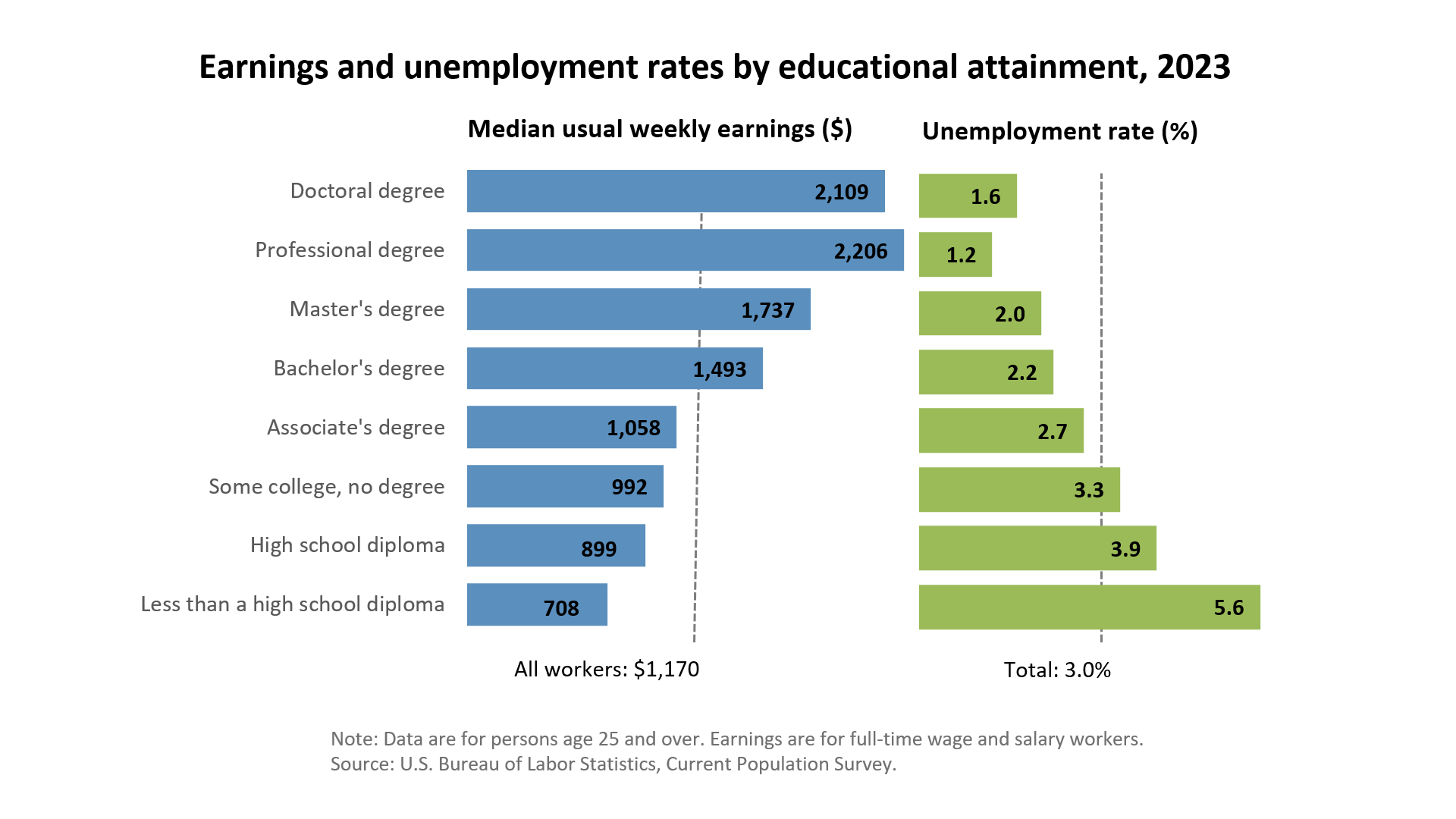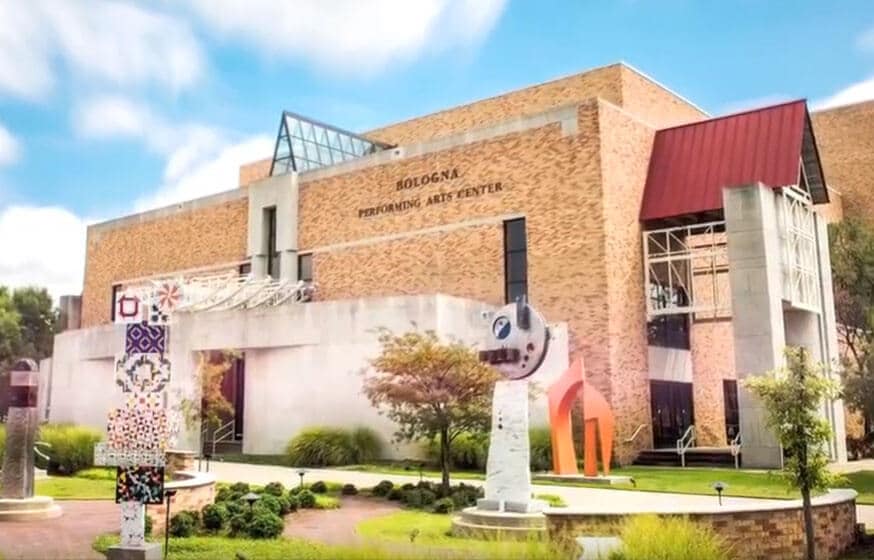Get Matched With Online Colleges
Enrolling at Delta State University can provide you with the advantages of a small campus and a public university all at the same time. As you drive to your school visit, or to move onto campus, you may be struck by just how far away it is from everything. There are some other towns nearby, but they’re all about the same size and aren’t likely to offer much of anything livelier than Cleveland, Mississippi, where the school is located. You may be disappointed or relieved at the school’s location, depending on what you want to accomplish while you attend.
Search All Programs
Overview of Delta State University
The campus is spread out but it is beautiful. Dorms, academic buildings restaurants and a performing arts center are all within walking distance. You may not need to worry about using your car much. And Cleveland is small enough that you’re going to find places to shop and eat fairly quickly. There isn’t much around the local community except for farmland.
Delta State awards degrees ranging from bachelor’s up to doctorate degrees and it also offers certificate programs lasting less than a year, up to two years, and some post-master’s certificates.
On top of all this, Delta State University offers local high school seniors the opportunity to earn credits while they are still in high school. This is a dual credit program, which means high school students earn both high school and college credits at the same time. You can also earn credits for successfully passing your AP exams, no matter where you hail from.
General Information
| School Type | Public |
|---|---|
| Campus Setting | Town: Remote |
| Campus Housing | Yes |
| Student Faculty Ratio | 13:1 |
| Graduation Rate | 39% |
| Year Founded | 1924 |

Student Enrollment
Total Students3,751
3,109
642
Undergraduate Student
Male 1,306
Female 1,803
Graduate Student
Male 270
Female 372
Explore Map
Top Rankings For Delta State University
Admissions
APPLICATIONS1,072
ACCEPTANCE1,008
Acceptance Rate94%
Enrollment 292
| Admissions | |
|---|---|
| Application Fee | $25 |
| High School GPA | Required |
| High School Rank | Considered But Not Required |
| High School Transcripts | Required |
| College Prep Courses | Required |
| Recommendations | NA |
| SAT/ACT | Required |
| TOEFL (Test of English as a Foreign Language) | Required |
| Application Deadline | Rolling |
| Common Application Accepted | No |
Tuition Cost & Financial Aid
The total cost for a recent academic year was $20,879. This includes tuition, room and board, books, supplies, and other various costs or fees.
However, the cost of attendance after financial aid is applied was $12,593 as of the same year. This is called the average net price. Still, you may not pay that full amount, or you may end up owing more. It all depends on how much financial aid you are eligible for, which depends on your families most recent annual income: something you will have to include when you fill out your FAFSA for financial aid.
In recent years, families earning less than $30,000 paid around $11,053. Families earning between $48,000 and $75,000 paid around $13,244. And families earning more than $110,001 paid around $16,187. So, depending on where you fall on this spectrum, it can change how much you can expect to owe after financial aid is applied. Of course, if you apply for and are awarded more grants or scholarships than other students, that can also lower your overall cost.
As a first-year student, you will be encouraged to file for financial aid as it can help you and your parents tremendously. The percentage of beginning students applying for financial aid is 94%; of that group, 88% received grants or scholarships averaging $7,143 and 65% received an average of $5,169 in institutional grants and scholarships.
| Average net price | 2018-2019 |
|---|---|
| Net Price | $12,593 |
| Average Total Aid | $7,143 |
| Students Receiving Financial Aid | 94% |
| Room & Board | $7,908 |
Sticker Price
- Tuition In-State - $7,671
- Tuition Out-of-State - $7,671
- Books and Supplies - $1,500
- Room & Board - $7,908
- Other - $3,800
Academics
Many students aren’t sure what they want to major in when they attend college, or even during their first year. However, it’s best to know what the school you attend offers so that you can keep these choices in mind as you attend your general education courses. The most popular degree programs at Delta State are education; health professions and related programs; business, management, marketing and related support services; visual and performing arts; and biological and biomedical Sciences. Explore different degrees, majors, and minors in their online catalog and see what appeals to you.
You may not know it, but as a first-year student, you’re going to become one part of an important statistic the university keeps. Every year, DSU measures the percentage of students who return for their second year of school. This is the retention rate, which shows how many first-year students return for their sophomore year and is often considered to provide some insight as to whether or not students get the education and attention, they need in their first year at the school. DSU’s retention rate is solid at 67% for full-time students and 29% for part-time students. Another statistic measured from year to year is the graduation rate. At DSU, the 4-year graduation rate is 20%, which sounds low but is not overwhelmingly so, and the 6-year rate is 39%, which is a bit low. It’s important to note that these graduation rates do not track any students that transfer to another school and graduate from there instead.
Retention
Rate
4 year
Graduation
Rate
6 year
Graduation
Rate
Student Population Total
Student Population 3,751
3,109
642
Most Popular Programs & Majors
(# of Diplomas Awarded by Subject)
| All Education Majors | 120 Total Graduates / 20% |
|---|---|
| Physical Education Teaching and Coaching | 64 Graduates |
| Elementary Education and Teaching | 38 Graduates |
| Music Teacher Education | 8 Graduates |
| English/Language Arts Teacher Education | 5 Graduates |
| Health Professions and Related Programs | 95 Total Graduates / 16% |
| Registered Nursing/Registered Nurse | 74 Graduates |
| Health/Health Care Administration/Management | 11 Graduates |
| Audiology/Audiologist and Speech-Language Pathology/Pathologist | 10 Graduates |
| All Business Majors | 82 Total Graduates / 14% |
| Business/Commerce, General | 25 Graduates |
| Business Administration and Management, General | 21 Graduates |
| Marketing/Marketing Management, General | 17 Graduates |
| Accounting | 10 Graduates |
| Visual and Performing Arts | 53 Total Graduates / 9% |
| Arts, Entertainment, and Media Management, Other | 20 Graduates |
| Visual and Performing Arts, General | 18 Graduates |
| Music, General | 8 Graduates |
| Digital Arts | 7 Graduates |
| All Biological & Biomedical Majors | 43 Total Graduates / 7% |
| Biology/Biological Sciences, General | 43 Graduates |
| All Other Diplomas | 34% |
Outcome & Salary
Let’s say you graduate from Delta State University and land your first post-college job right after. While we can’t see into the future to tell you how much you will earn, you can look at the average incomes of previous graduates to get an idea. DSU graduates earned early-career salaries of $42,200 and mid-career salaries of closer to $73,000. While the first is a bit low for early-career earnings, the mid-career earnings are actually higher than average for graduates of a public institution.
Based on these numbers, we can expect a graduate’s 10-year salary earning potential to be $602,980 and their 20-year earning potential is $1,332,980. If you then deduct the average 4-year cost of education ($50,372) from these totals, you’ll get a sense of the potential return on investment (ROI) from this degree. Graduate’s 10-year projected (ROI) $552,608 and their 20-year ROI is $1,282,608.
Some high school students may choose not to go to college or may not have the funds. Their national average salary is $38,792. Their 10-year projected income is $387,920 and their 20-year projected income is $775,840. While there are outliers from this, it may be a good idea to consider this possible outcome if you are considering forgoing college altogether.
| Graduates Salary | |
|---|---|
| College Grads Early Career Salary | $42,200 |
| College Grads Average Salary | $60,298 |
| College Grads Mid Career Salary | $73,000 |
| Return on Investment (ROI) | |
|---|---|
| 10 Year Salary Earnings Potential | $602,980 |
| 20 Year Salary Earnings Potential | $1,332,980 |
| Cost of Education (Net Price) 4 Year | $50,372 |
| 10 Year Projected ROI | $552,608 |
| 20 Year Projected ROI | $1,282,608 |
| No College Education Salary Comparison | |
|---|---|
| National Average Salary | $38,792 |
| 10 Year Projected Income | $387,920 |
| 20 Year Projected Income | $775,840 |

Related Top College Resources















